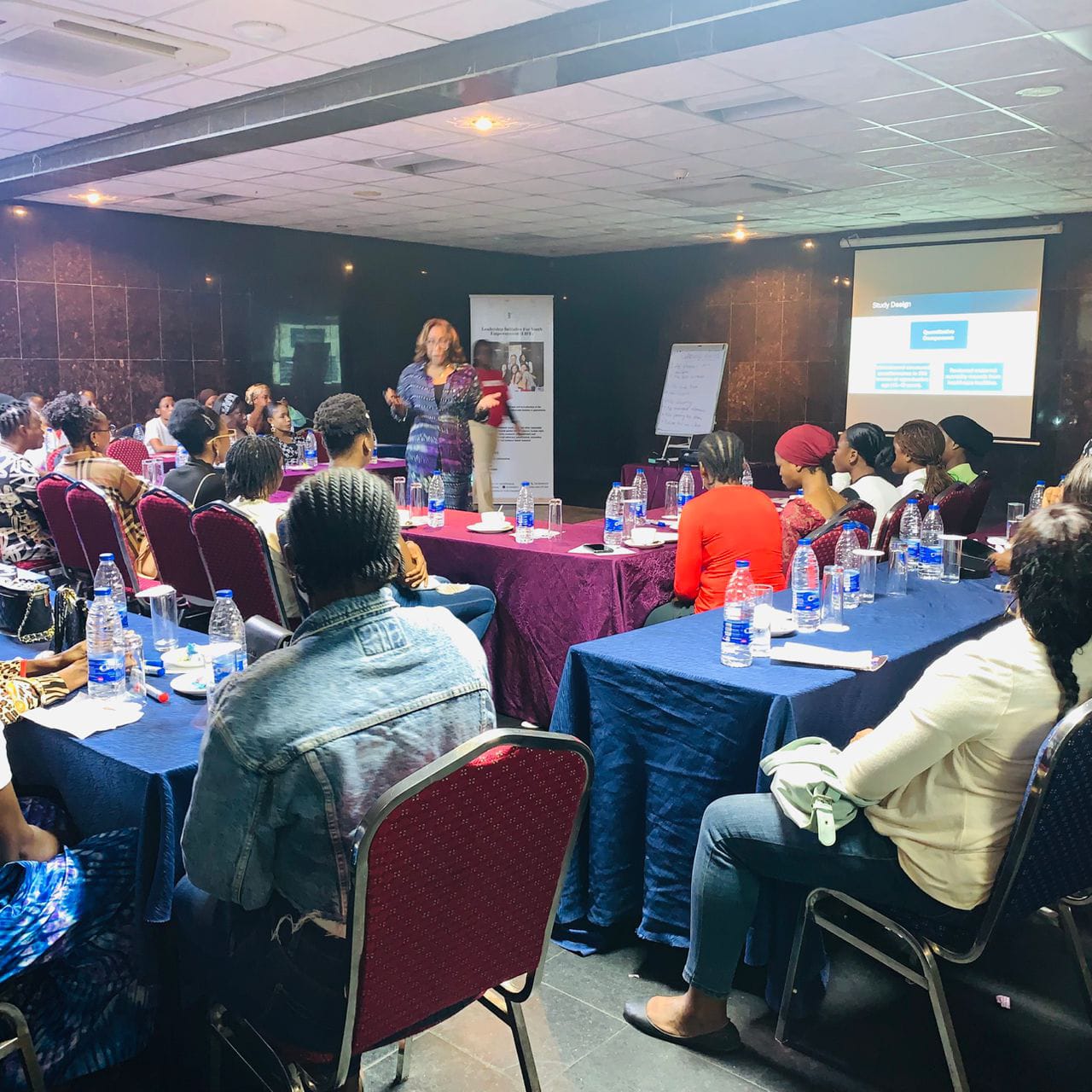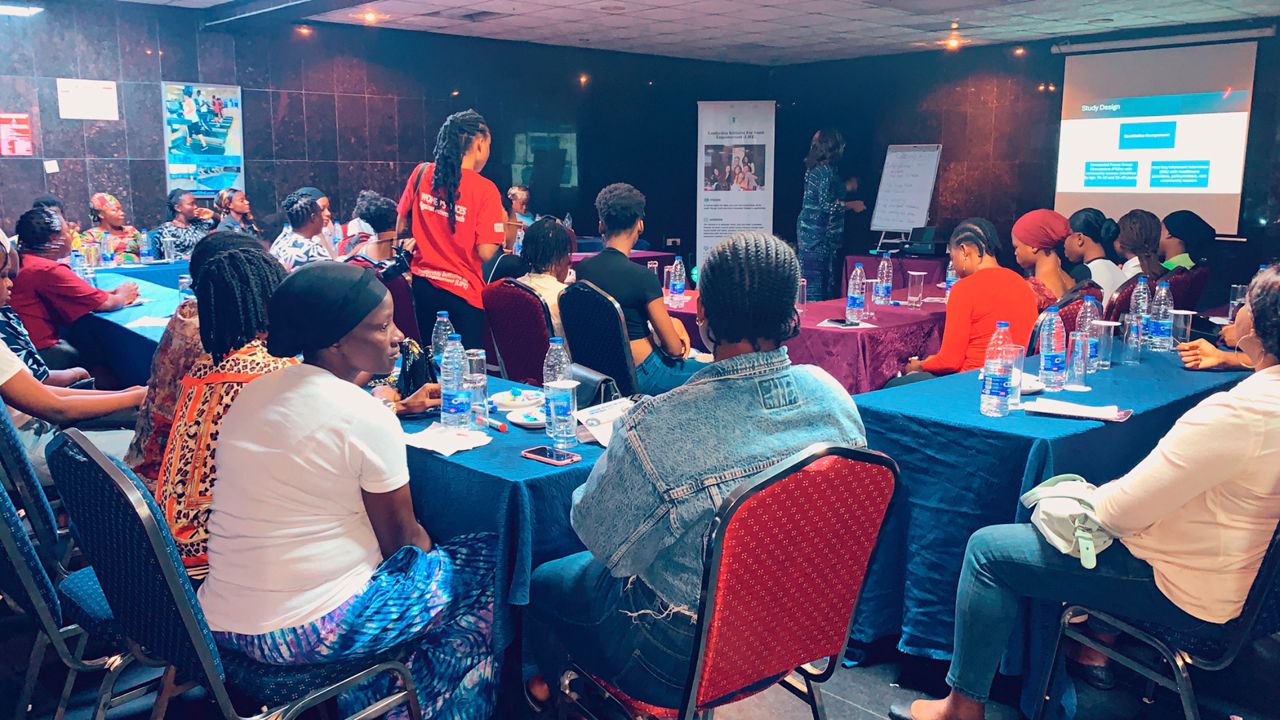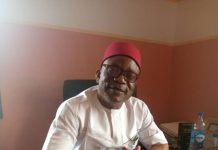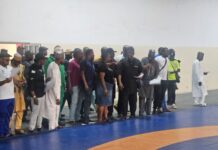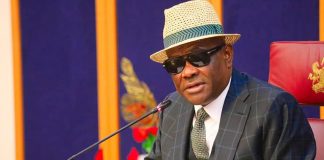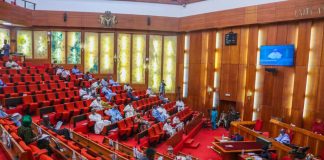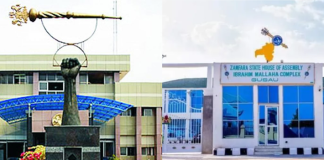🌿 Ruzu Non-Alcoholic Herbal Bitters
Ruzu Non-Alcoholic Herbal Bitters is a natural health supplement specially formulated to:
- ✅ Promote general wellness
- ✅ Detoxify the body
- ✅ Support the treatment of various ailments
Made from a powerful blend of 100% organic and medicinal herbs, Ruzu is completely alcohol-free, making it ideal for:
- 👪 All age groups
- 🌱 Health-conscious individuals
- 🌿 Anyone seeking non-alcoholic herbal remedies
Whether you're looking to boost your vitality, cleanse your system, or support healing the natural way, Ruzu Bitters offers a trusted herbal solution.
Legislating Silence: Why Nigeria Must Listen to Women in efforts to reduce Maternal Mortality
By Naomi Onome
A Crisis We Cannot Ignore
Nigeria is facing a maternal health crisis of staggering proportions. With 993 deaths per 100,000 live births, the country has one of the highest maternal mortality rates in the world. Unsafe abortion is a major contributor, accounting for nearly 40% of maternal deaths according to public health experts. Yet, when the issue comes before lawmakers, the voices of women most affected are often silenced.
This silence is not accidental. It is the product of entrenched gender inequality, stigma, and a political culture that sidelines women’s lived experiences. The result is devastating policies that fail to protect women, perpetuate unsafe practices, and reinforce cycles of suffering.
When Women Speak, They Are Silenced
In recent Senate debates, Senator Natasha AkpotiUduaghan raised concerns about how restrictive laws disproportionately harm women. Instead of engaging with her arguments, she was ruled “out of order.” This moment symbolised a broader reality: female lawmakers face systemic barriers to shaping policies that directly impact women’s health.
When women’s perspectives are dismissed, the consequences are not abstract. They translate into preventable deaths, broken families, and communities left to mourn young lives cut short.
Stories Behind the Statistics
Numbers alone cannot capture the human cost of unsafe abortion. Behind every statistic is a story of desperation, stigma, and resilience.
Bimpe, a 16-year-old schoolgirl, died after an unsafe abortion. Her family, fearing stigma, attributed her death to typhoid.
Bolu, 19, sought an abortion due to poverty and fear of societal judgment. A clandestine procedure left her in pain and trauma.
Ngozi, a successful businesswoman, faced guilt and emotional turmoil after an abortion, showing stigma cuts across class.
Bisi, 24, resorted to unlicensed pills because healthcare providers were judgmental, risking her life.
These stories are not isolated. They reflect a national crisis where stigma, poverty, and lack of access push women into unsafe procedures. Research estimates that over 610,000 unsafe abortions occur annually in Nigeria, disproportionately affecting young women aged 15–24.
The Consequence of Legislative Silence
When lawmakers ignore women’s voices, their craft policies detached from reality.
This silence perpetuates:
Gender inequality: Women’s lived experiences are excluded from decisionmaking.
Unsafe practices: Restrictive laws push women toward clandestine procedures.
Maternal mortality: Nigeria’s already high rates are worsened by preventable deaths.
The silence is not neutral. It is deadly.
Why Representation Matters
Representation is not symbolic; it is lifesaving. When women participate meaningfully in policymaking, laws are more responsive to real needs. Studies across Africa show that countries with higher female representation in parliament adopt more inclusive health policies. Nigeria cannot afford to ignore this evidence.
Breaking the Stigma
Stigma is one of the most powerful forces driving unsafe abortion. Women fear judgment from families, communities, and even healthcare providers. This fear pushes them into secrecy, often with fatal consequences.
Breaking stigma requires:
Community dialogue: Open conversations about reproductive health.
Faith based engagement: Reframing narratives within religious communities.
Media advocacy: Sharing stories that humanize women’s experiences.
Pathways to Change
Civil society organisation, NGOs and other advocates propose concrete steps:
Inclusive policymaking: Women, healthcare providers, and community leaders must shape laws.
Access to safe abortion services: Expand availability in lowresource settings.
Comprehensive sexuality education: Equip young people with knowledge on contraception and reproductive rights.
Support systems: Provide medical care, counselling, and social services for women affected by unsafe abortion.
Global Lessons
Nigeria is not alone in facing this challenge. Countries like Ethiopia and South Africa have reduced maternal mortality by expanding access to safe abortion and reproductive health services. Their experiences show that inclusive policies save lives. Nigeria can learn from these models while tailoring solutions to its cultural and social context.
The Promise of Inclusion
Adopting inclusive approaches can:
Reduce maternal mortality rates.
Increase access to safe services.
Decrease stigma, Improve overall health outcomes for women and girls.
Most importantly, amplifying women’s voices ensures that policies reflect lived realities rather than abstract debates.
Call to Action
Nigeria cannot afford legislative silence. Policymakers must:
Listen to women: Their experiences are essential to crafting effective laws.
Engage communities: Dialogue reduces stigma and builds support.
Invest in health systems: Safe, accessible services save lives.
Champion education: Knowledge empowers young people to make informed choices.The cost of inaction is measured in lives lost. The benefit of action is a healthier, more just society.
Conclusion: A Society That Values Women
The fight against maternal mortality is not just about health; it is about justice, dignity, and equality. Nigeria must prioritise the voices of women, not silence them. Only then can we build a society that values the health and well-being of all individuals. The time for silence is over. The time for inclusion is now.

